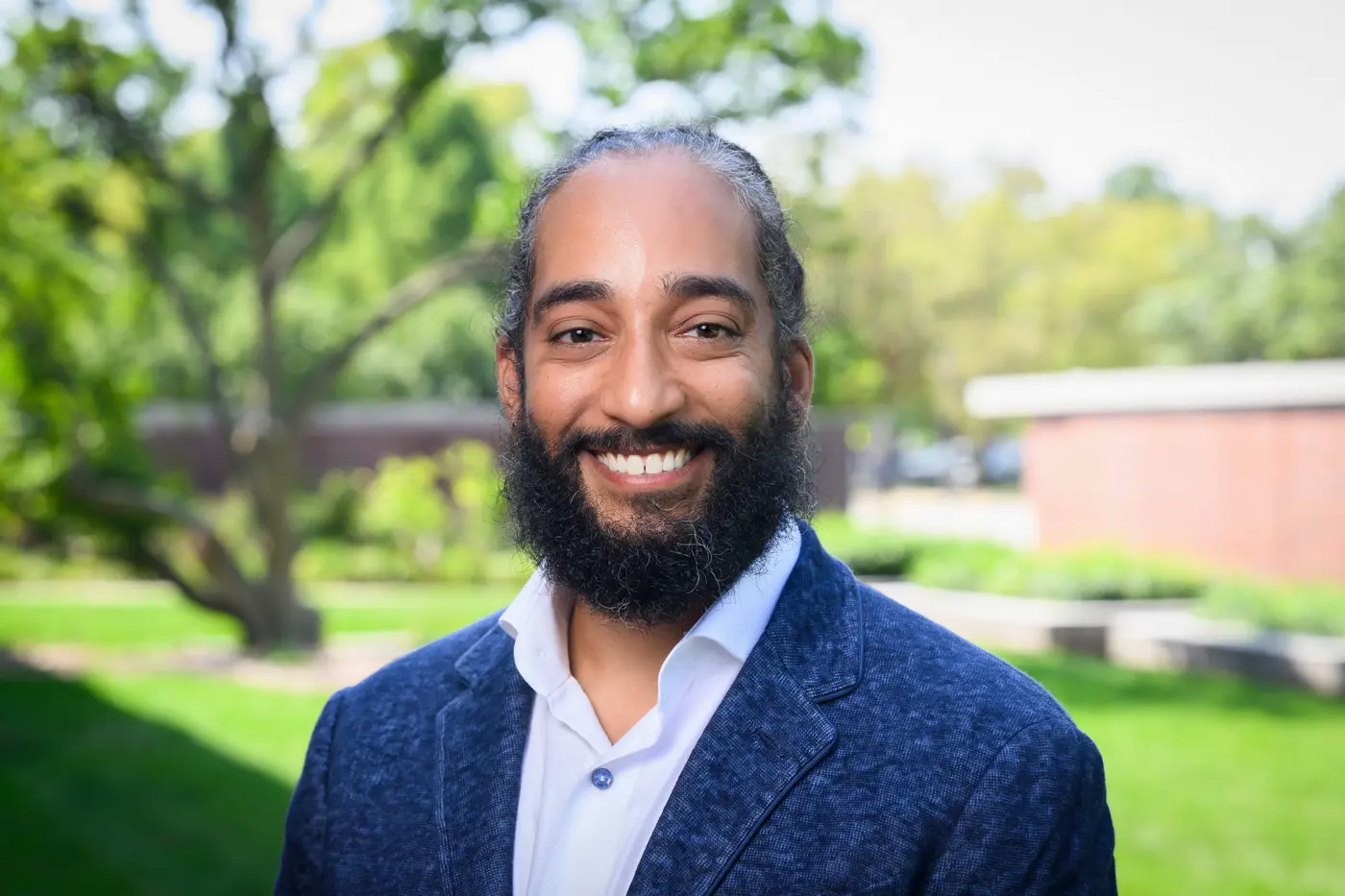Are Illinois Social Studies Educators Prepared to Teach Inclusive Topics?
by Sharita Forrest, Illinois News Bureau / Oct 22, 2025

What is the purpose of the Social Studies Network?
We have a partnership with the Illinois State Board of Education — called Inclusive, Inquiry-based Social Studies for Illinois or I3 — to develop professional learning and help prepare every social studies teacher in the state for the revised standards, which are all inquiry based and inclusive.
Unlike other states that are saying, no, you cannot teach those things, the state of Illinois is saying, yes, you must. The study we just conducted looks at how Illinois teachers are grappling with these situations. Illinois is a great context for that study, and so that is where this report emerged from.
At the SSN, we see ourselves as an intervention through the data we’re collecting and the stories we’re telling, and through our research.
We are in our fifth year. We have about 15,000 hits a month on our website. With the resources and professional learning that we are providing, over 500,000 students have been impacted.
How is the emphasis on inquiry-based education changing the nature of social studies teaching and learning?
When many of us learned in school, teachers told us things and we took notes. The standards say that students should be asking questions, collecting sources related to their questions, analyzing those sources and taking action. That’s what social studies is in Illinois and the 40 other states that have adopted the framework. Illinois has doubled down on that with the inclusive American history mandates that require particular content.
Now a teacher is not telling students things, they are guiding students and facilitating. They are a mentor, a coach, a librarian and a resource — and that requires a big shift for teachers.
Social studies classrooms should be loud vibrant places where students are asking a lot of questions and using inquiry to better understand the situations, the phenomena and what they might do about them.
What resources does the Social Studies Network offer teachers?
The SSN has a suite of resources, including intensive professional learning such as I3. It’s a very intensive, five-month professional learning series. We started it again on October 22.
Our resources include a podcast, a TikTok channel and PDF toolkits that teachers can download to move through alone, with a group or as a school.
At one time, we were the only place where you could get an active copy of the state social studies standards or a list of the inclusive American history mandates. We have become that go-to resource for Illinois teachers, school district leaders and the public in general to better understand what’s going on with social studies and how to better practice inquiry and inclusion.
And what better time to be talking about the successes that are actually taking place in classrooms than right now? This is a great case of what promise we hold as educators.
How prepared did survey respondents feel to teach the inclusive history content?
Nearly all the educators we surveyed (91%) felt prepared to teach American governance and patriotism, Black history (91%), the study of women (90%) and legislative processes (83%).
They felt moderately prepared to teach Illinois history (84%), the contributions of various ethnic groups to the U.S. (83%), the Holocaust and genocide (83%), and the contributions of different faith practices (76%).
They felt least prepared to teach the histories of Native American nations, people with disabilities and the disability rights movement, Asian Americans and other groups.
Although many teachers valued the inclusivity standards, only 26% felt they were meeting them. Especially in this climate where there is so much tension around what you can and cannot teach in classrooms, teachers said that the standards provided them some protection.
As the standards have been introduced and as we’ve worked with teachers across Illinois, their preparedness has increased. Teachers’ relationships with their students also proved to be an influential factor. Students are craving this sort of teaching and learning.
We offer some recommendations, such as coordinated efforts between universities and state agencies, and increased professional learning for educators at broad levels, like we are offering through the I3 initiative. The professional learning initiative supports this work and at the local levels in ways that support teachers in their everyday practices.
Did the teachers who were surveyed feel that parents and administrators were supportive of the new standards?
We found that parental and administrative support for both the inquiry and the inclusive American history mandates were generally strong.
Approximately 87% of teachers felt that parents were supportive and 93% felt that their school administration was supportive. Our sample size of 1,500 is pretty substantial to give us a good understanding of the level of support.
This story was originally published by the Illinois News Bureau.
